Are you a professional in your late 20s or early 30s? Do you dream of more balance? Juggling careers and personal life is tough. You crave peace amidst the chaos. This guide offers a path. It builds healthy daily routines. Embrace a truly healthy lifestyle.
The Power of the Early Bird
The alarm blares. You hit snooze, right? Many of us do. But early rising offers a secret weapon. It grants quiet, uninterrupted time. Imagine a peaceful start. No emails, no urgent calls. This time is purely yours.
My friend, Seema, a marketing manager, used to dread mornings. She felt rushed. She started waking at 6 AM. She initially struggled. Gradually, it became easier. Now, she enjoys her coffee in silence. She plans her day mindfully. Her anecdote highlights the shift.
Science supports this. Early risers often report higher productivity. They experience less stress. They make healthier choices. Your prefrontal cortex is sharpest. This is ideal for focused work. Use this quiet window. It sets a positive tone.

The Morning Ritual That Changed Everything
My friend, Maya, used to live life on the edge of chaos. As a project manager at a fast-paced tech company, her mornings were a blur of hitting snooze, scrambling for a clean shirt, and grabbing a sugary pastry on her way out the door. She was always arriving at work feeling flustered and behind. Her mind was already racing, and the stress of the day would hit her before she even finished her first cup of coffee. She was constantly battling a sense of overwhelm.
Sacred Morning Ritual
One day, after a particularly rough morning, she decided she had to make a change. We talked about the concept of a sacred morning ritual, not just as a to-do list, but as a practice of intentional self-care. It was her time to fill her own cup before pouring out for others.
Hydration
Her first step was simple: hydration. She placed a large glass of water with a lemon wedge on her nightstand the night before. The moment her alarm went off, she drank it. This small act rehydrated her body and gave her a sense of starting fresh. It felt like a cleansing reset.
Movement
Next, she integrated movement. Maya wasn’t a runner, and the thought of a full workout before work was too much. Instead, she put on a calming playlist and did 10 minutes of gentle yoga poses and stretches. She focused on her breath as she moved, and she felt the tension from sleeping melt away. This small physical release boosted her circulation and left her feeling more alert and ready for the day.
Mindful Moments
Then came the most transformative part: her mindful moments. Instead of immediately checking her phone for emails, she sat with a journal. She’d write three things she was grateful for—no matter how small, like the sunlight streaming through her window or the quiet hum of her fan. She also wrote a single, positive intention for the day, such as “be present” or “approach challenges with grace.” This practice grounded her. It shifted her focus from the anxiety of the day ahead to a place of gratitude and calm.

Nutritious Breakfast
Finally, she stopped skipping breakfast. She started preparing simple, yet nutritious breakfasts the night before, like overnight oats with berries and almonds. In the morning, she’d sit down and eat it mindfully, savoring each bite. This simple act of nourishing her body with good food gave her sustained energy and clarity. She no longer had the mid-morning sugar crash that used to make her irritable and unfocused.
The transformation was remarkable. Maya’s days became more productive. She no longer felt like she was constantly reacting to her environment. She was in control. Her new morning ritual became her personal anchor, giving her the mental and physical space to approach her busy work life with a sense of calm and clarity she never thought possible.
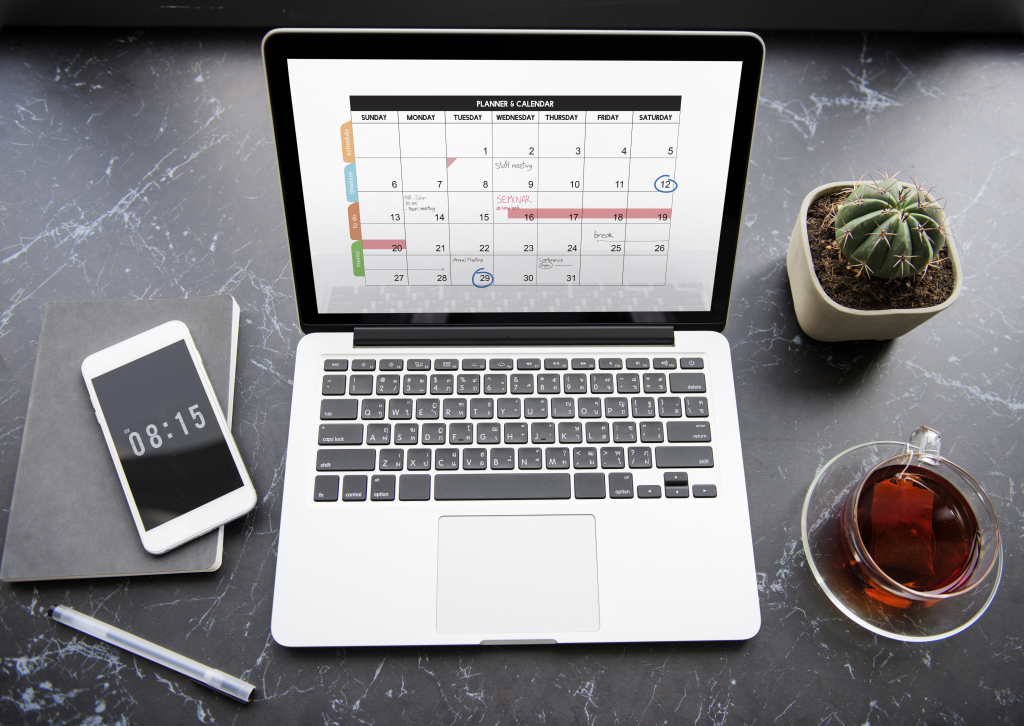
Time Management for Creative Minds: Embrace Google Calendar
Creatives often resist structure. They fear it stifles innovation. But structure liberates your mind. It frees you for deeper work. Google Calendar is your friend.
Use it to schedule everything. Block out your working hours. Schedule specific tasks. Even plan your breaks. This visual map offers clarity. It reduces decision fatigue. Your brain no longer tracks every commitment.
My friend, Aarti, a graphic designer, once lived in chaos. Deadlines piled up. She felt overwhelmed. We implemented a strict calendar system. She blocked creative deep work sessions. She scheduled client calls. Even her lunch breaks were in. Her stress levels plummeted. Her creativity soared.
Set reminders for everything. A 30-minute warning before a meeting helps. A reminder to stand up and stretch is useful. This external brain frees your internal one. It lets you focus on quality work. You can immerse yourself completely. Your creative flow will thank you.

Unwinding in the Evening: Reconnect with Family
The workday ends. Do you immediately check emails again? Stop this habit. The evening is sacred. It’s for rest and connection.
Prioritize family time. Eat dinner together, undistracted. Put phones away. Engage in conversation. Ask about their day. Share yours. Play a board game. Read a story. These moments build strong bonds. They create lasting memories. They also signal to your brain. It’s time to switch off.
My neighbor, Satish, a busy consultant, used to work late. His kids barely saw him. He started a “no work after 7 PM” rule. He dedicated that time to his family. They now have “pizza and movie night” every Friday. His family life has blossomed. He feels more fulfilled.
Even if you live alone, build an evening ritual. Read a physical book. Listen to calming music. Take a warm bath. Avoid screens before bed. This prepares your body for sleep. It enhances sleep quality.
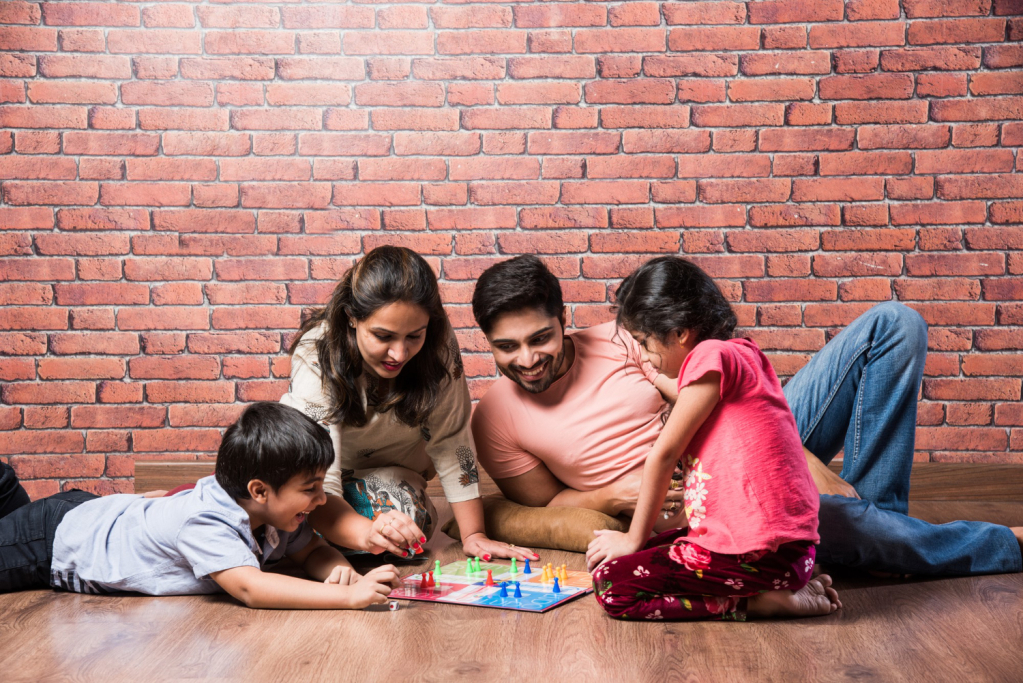
The Joy of Weekends: Rejuvenate with Loved Ones
Weekends are not for catching up on work. They are for rejuvenation. Spend quality time with family. Connect with friends. Engage in hobbies.
Plan activities in advance. A hike in nature. A picnic in the park. Visit a local market. Attend a community event. These experiences enrich your life. They provide essential downtime. They prevent burnout.
My sister, Vishakha, and her husband, both busy doctors, commit to “adventure Saturdays.” Sometimes it’s a new hiking trail. Other times, exploring a new town. This prevents their weekends from blurring. It keeps their relationship vibrant.
Don’t overschedule. Leave room for spontaneity. Sometimes the best moments are unplanned. Recharge your batteries fully. You will return to work refreshed. You’ll have renewed energy and perspective.
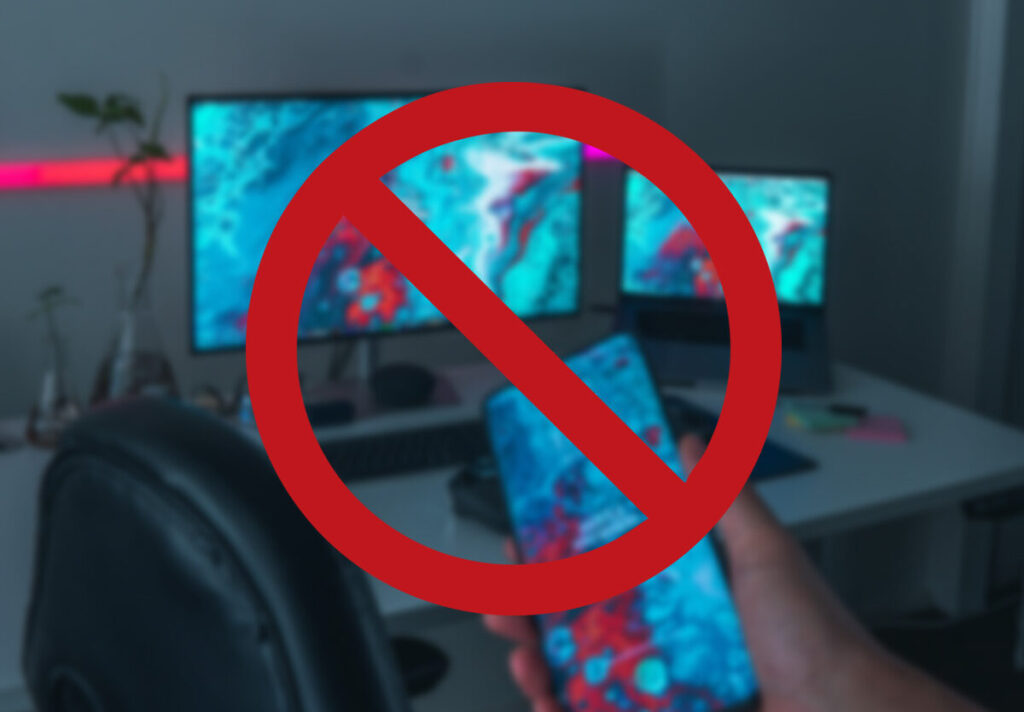
The Digital Detox: Your Monthly Screen-Free Day
We are constantly connected. Our phones are extensions of us. This constant connection is exhausting. It damages our focus. It affects our sleep.
Implement a “Screen-Free Day.” Choose one day a month. Turn off all digital devices. No phone, no laptop, no TV. This sounds daunting. It is incredibly liberating.
Use this day for other activities. Read a book. Go for a long walk. Paint or draw. Spend time outdoors. Cook a new recipe. Reconnect with loved ones offline. This digital detox resets your brain. It improves your attention span. It reduces digital fatigue. It helps you appreciate the real world.
Seema, my marketing manager friend, tried this. Her first screen-free day felt weird. She felt phantom vibrations. But by afternoon, she felt calm. She rediscovered puzzle solving, using a children’s puzzle book. Now she looks forward to it. It’s her mental reset button.
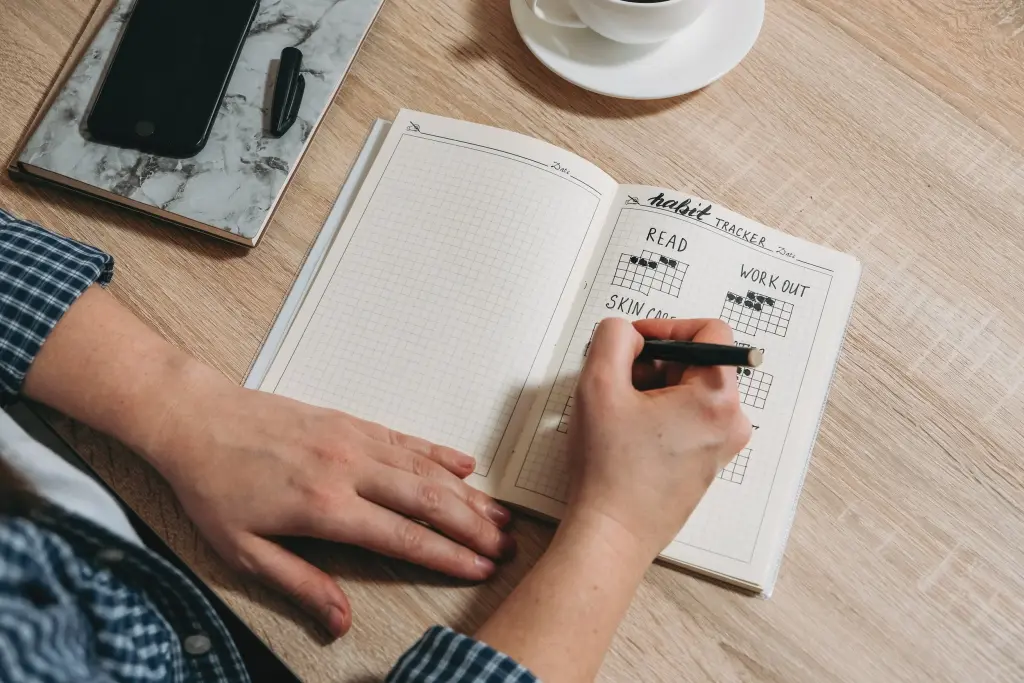
Habit Building: The Science Behind Consistency
Building new habits takes time. It demands consistent effort. Researchers once suggested 21 days. More recent studies show it’s longer. It can take 66 days on average. Some habits take 254 days. This varies greatly for individuals. The key is small, consistent steps.
Don’t aim for perfection. Aim for consistency. If you miss a day, don’t quit. Just get back on track tomorrow. Each small victory builds momentum. Reward your progress. Celebrate milestones. You are reshaping your brain. You are building a healthier future.
Start with one new habit. Master it first. Then add another. This slow approach is sustainable. It prevents overwhelm. Soon, these practices become automatic. They become part of your identity.
FAQs: Your Path to Daily Routine Mastery
Q1: How do I stick to early rising if I’m not a morning person?
A1: Start slowly. Wake 15 minutes earlier each week. Use a consistent bedtime. Create a compelling morning reward. Consistency is crucial.
Q2: What if I don’t have time for a long morning routine?
A2: Even 15 minutes helps. Hydrate, stretch, and meditate briefly. Prioritize what works for you. Start small, then expand.
Q3: Is Google Calendar really effective for creatives?
A3: Absolutely. It frees mental space. It allows deep work. Schedule creative blocks. Maintain your focus.
Q4: How can I reduce screen time in the evening?
A4: Set a “digital curfew.” Put your phone in another room. Read a book instead. Engage in offline activities.
Q5: What if my family doesn’t want a “screen-free day”?
A5: Start by suggesting an hour. Lead by example. Explain the benefits. Make it fun with activities. Gradually increase the time.

Your Journey to Balance Begins Now
You have the tools. You have the knowledge. It’s time to take action. Start small, be consistent. Embrace these routines. Prioritize your well-being. Balance is within reach. You deserve a fulfilling life. A vibrant career and rich personal life. What single step will you take today?
What routines have transformed your life? Share your experiences below!
#DailyRoutines #HealthyHabits #MorningRoutine #WorkLifeBalance #ProductivityTips #MindfulLiving #DigitalDetox #SelfCare #TimeManagement #ProfessionalGrowth



![Relationship Goals Review: Is It Your Next Favorite Rom-Com? [2026]](https://outfluent.blog/wp-content/uploads/2026/02/Relationship-Goals-Review-1-180x135.jpg)
![Cradle of Kindness: A Mumbai Cop’s Heartwarming Gift| Viral Stories [2026] Cradle of kindness](https://outfluent.blog/wp-content/uploads/2026/02/Mumbai-cop-kindness-180x135.webp)









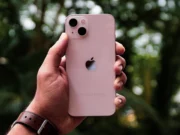






![Daldal Review: A Scary Look into Mumbai’s Dark Secrets [2026] Daldal review](https://outfluent.blog/wp-content/uploads/2026/01/Daldal-Review2-180x135.webp)

















